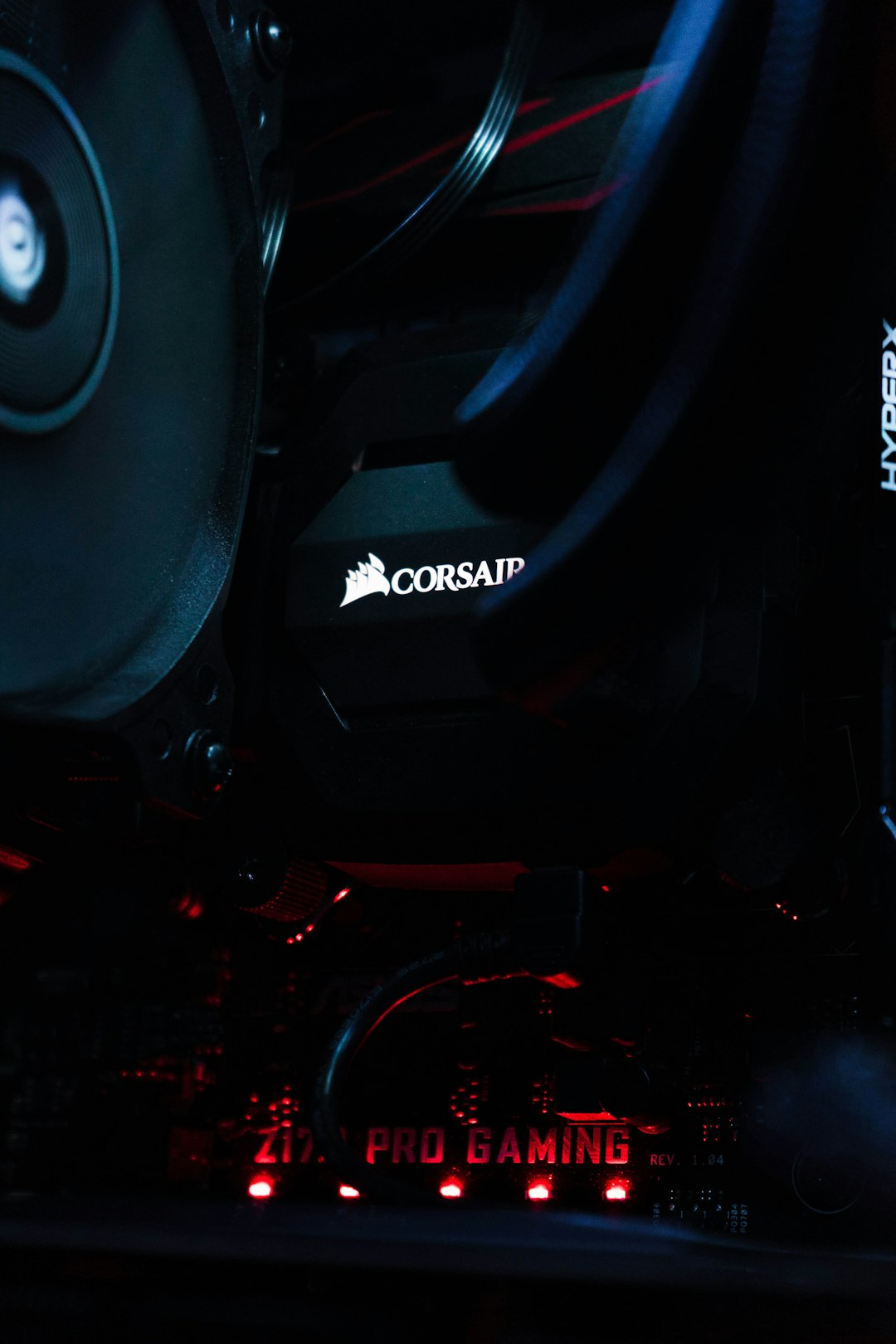The Art of Crafting Gaming Soundtracks: How Music Elevates the Playing Experience
In the world of gaming, there are many components that come together to create a truly immersive and captivating experience for players. From stunning visuals to intricate gameplay mechanics, developers have the ability to transport gamers to another realm entirely. One crucial aspect of this process is the incorporation of soundtracks that enhance the gameplay and evoke emotions within the players. Music has the ability to elevate the gaming experience and make it more memorable and engaging.
When it comes to crafting gaming soundtracks, it requires a meticulous understanding of the game’s themes, atmosphere, and story. The music should seamlessly blend with the gameplay, enhancing the overall experience rather than becoming a distraction. A well-crafted soundtrack has the power to immerse players in a virtual world, making them feel like they are part of the game’s narrative.
One key element in creating a successful gaming soundtrack is the ability to establish a strong emotional connection with players. Music has the unique ability to tap into our emotions and create a lasting impact. Whether it’s a thrilling chase scene or a melancholic moment, the soundtrack sets the tone and amplifies the emotional response. Epic orchestral scores can transport players to the battlefield, while haunting piano melodies can evoke a sense of mystery and suspense. Whatever the desired emotion, music heightens the experience and guides players through a rollercoaster of emotions.
Another crucial aspect of crafting gaming soundtracks is the element of collaboration between composers, developers, and directors. Understanding the game’s vision and storyline is essential for a composer to create a soundtrack that fits perfectly within the game’s narrative. The music should complement the visuals, gameplay mechanics, and characters, enhancing the overall experience. Communication is key to ensure that the music aligns with the desired theme and atmosphere, and that it seamlessly blends into the game.
Moreover, composers often have to adapt their music to accommodate the interactive nature of gaming. Unlike in films or TV shows where the music is predetermined, gaming soundtracks need to be dynamic, reacting to player actions and choices. This adaptive nature requires composers to create different musical layers and variations that can seamlessly transition between different gameplay scenarios. From intense battles to peaceful exploration, the music should be responsive to the player’s actions, heightening the immersion and securing a deeper connection with the game.
The advancements in technology have also greatly influenced the possibilities for creating impactful gaming soundtracks. With the advent of more powerful hardware, composers now have access to a wider range of sounds and intricate audio effects. This allows for more unique and diverse compositions that can further enhance the gaming experience. From synthesized electronic tracks to realistic orchestral arrangements, the possibilities are endless. The incorporation of positional audio has also added to the immersive qualities of gaming soundtracks, making players feel like they are in the heart of the action.
Furthermore, the rising popularity of gaming soundtracks outside of the gaming industry itself showcases the impact and importance of this art form. Many gaming soundtracks are now released as standalone albums, attracting listeners who may not even be avid gamers. The music has the ability to transport listeners to the worlds and stories created within the game, evoking emotions and leaving a lasting impression. In some instances, gaming soundtracks have even been performed live in concert halls, further solidifying their status as a recognized art form.
In conclusion, the art of crafting gaming soundtracks is a meticulous process that requires a deep understanding of the game’s themes and atmosphere. Music has the ability to elevate the gaming experience, establishing an emotional connection with players while enhancing the narrative. Collaboration between composers, developers, and directors is essential to align the music with the game’s vision. The adaptive nature of gaming soundtracks and the advancements in technology have opened up new possibilities for creating immersive and impactful compositions. The rising popularity of gaming soundtracks beyond the gaming industry highlights the power of music and its ability to transport and captivate listeners.
